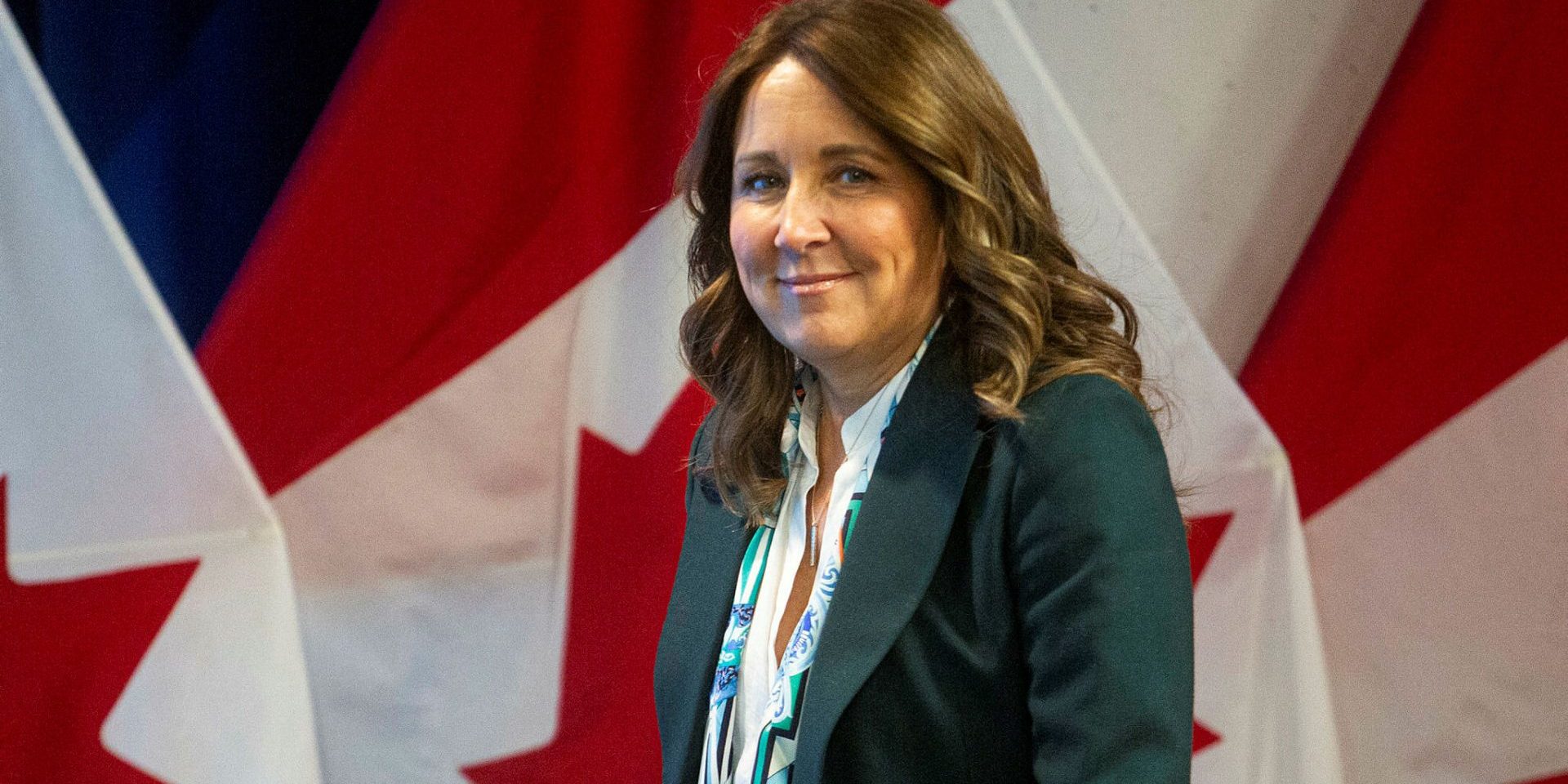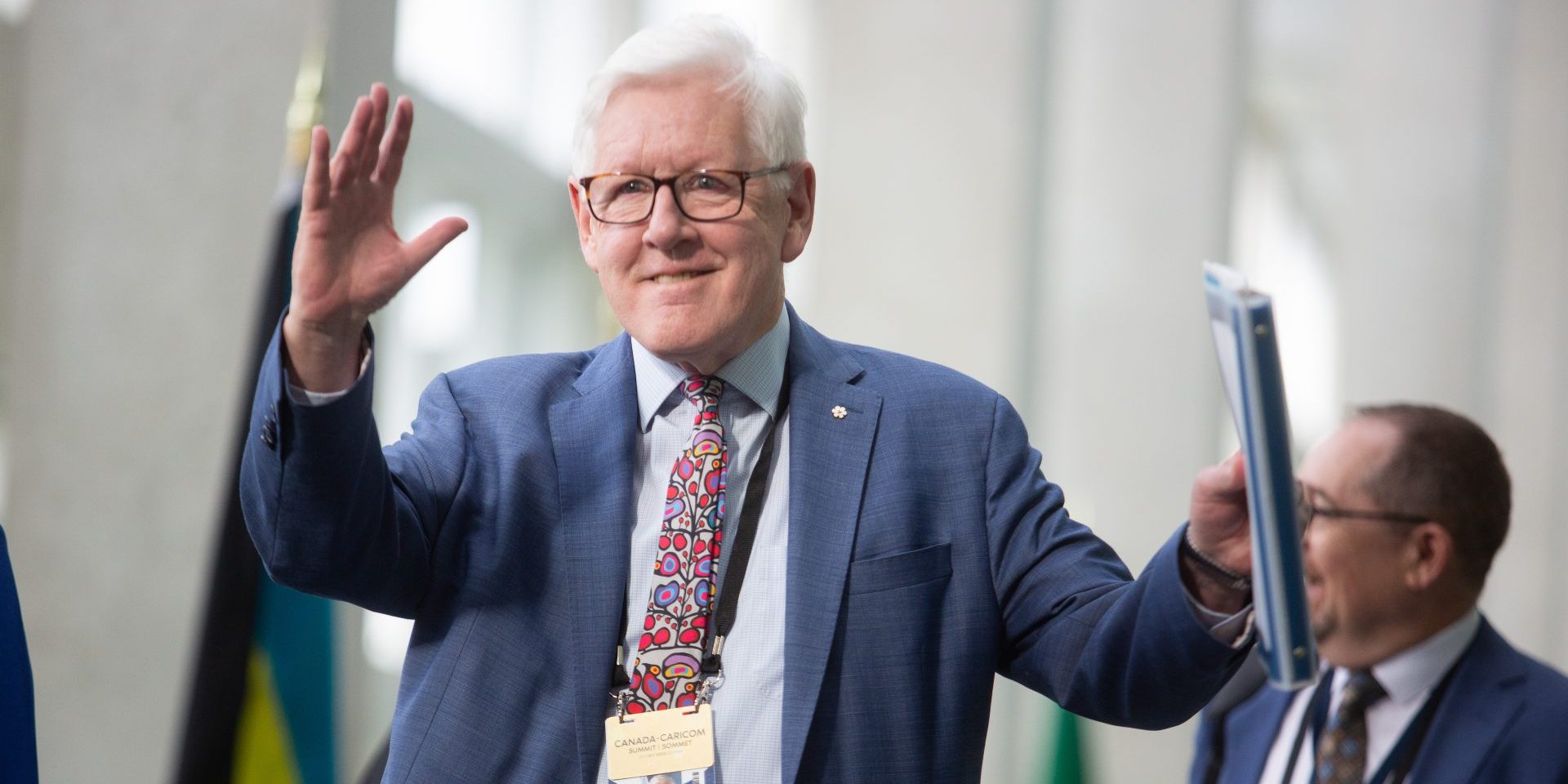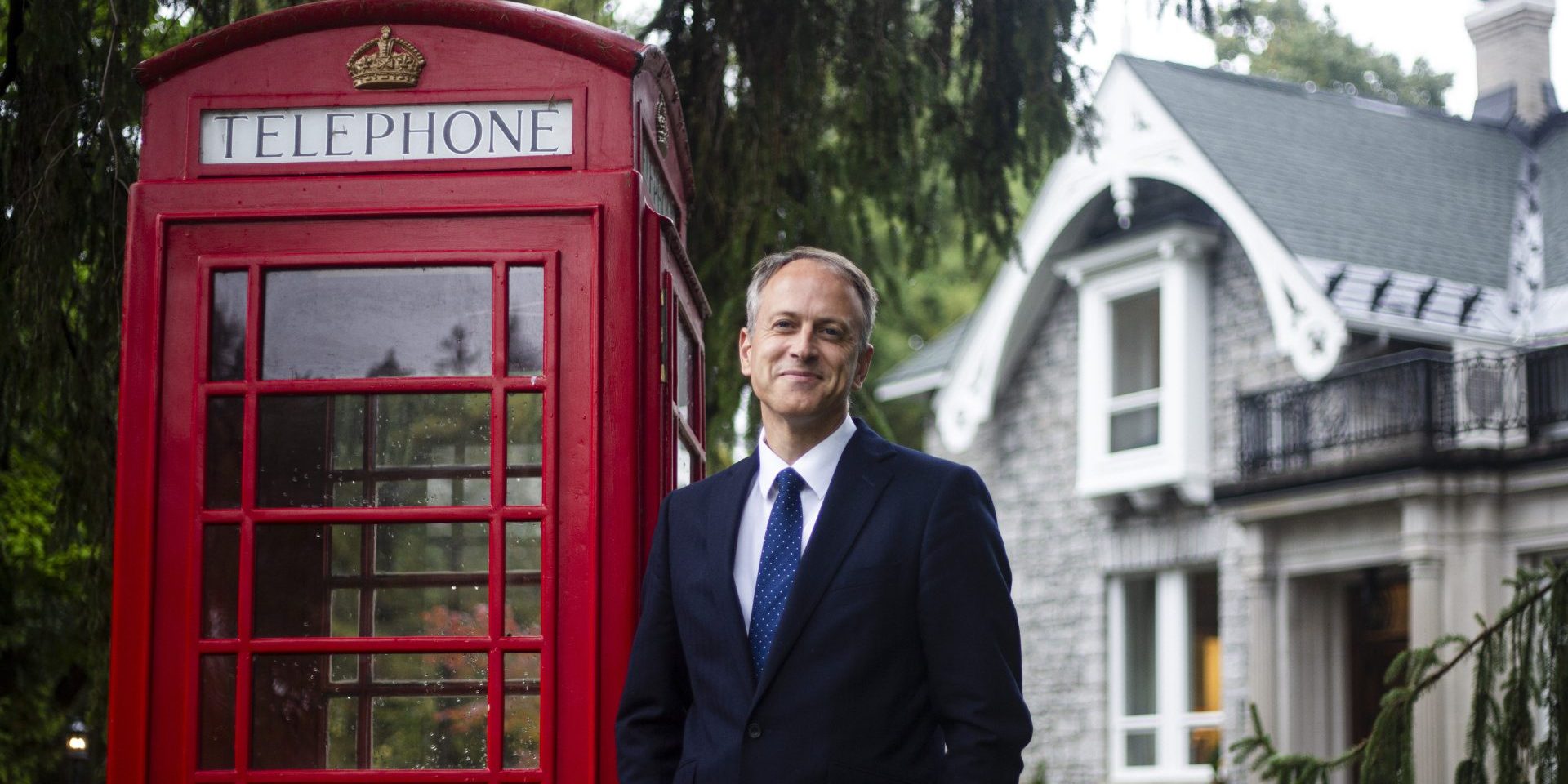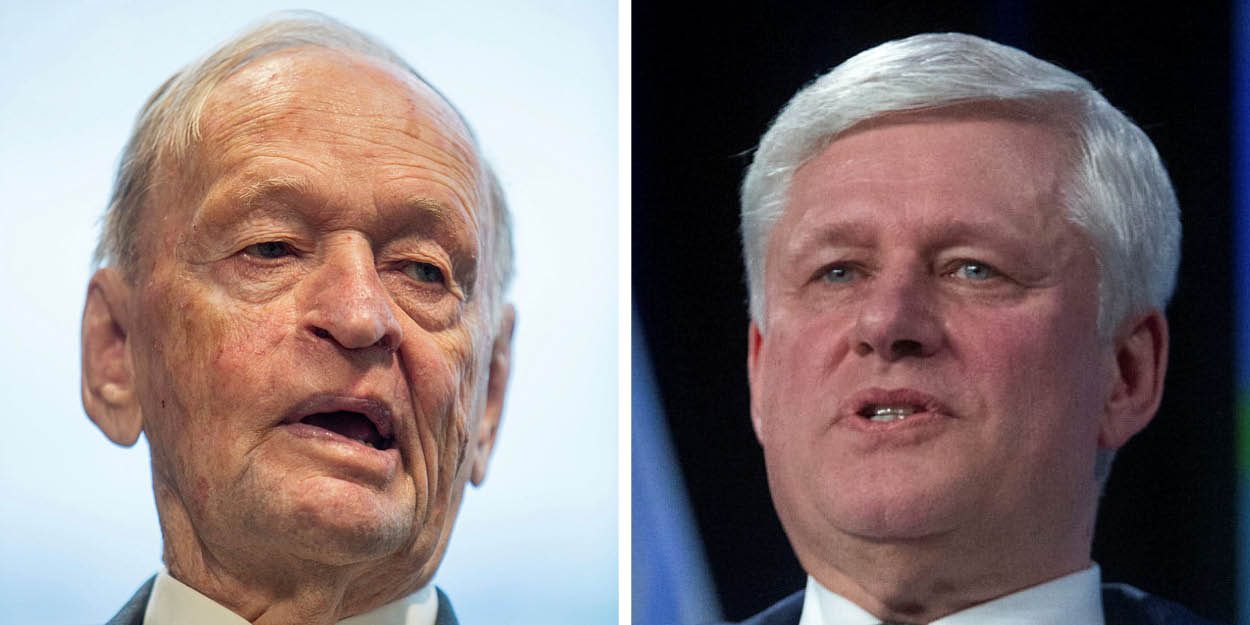Politics This Morning
Carney, Simon to speak at National Day for Truth and Reconciliation ceremony
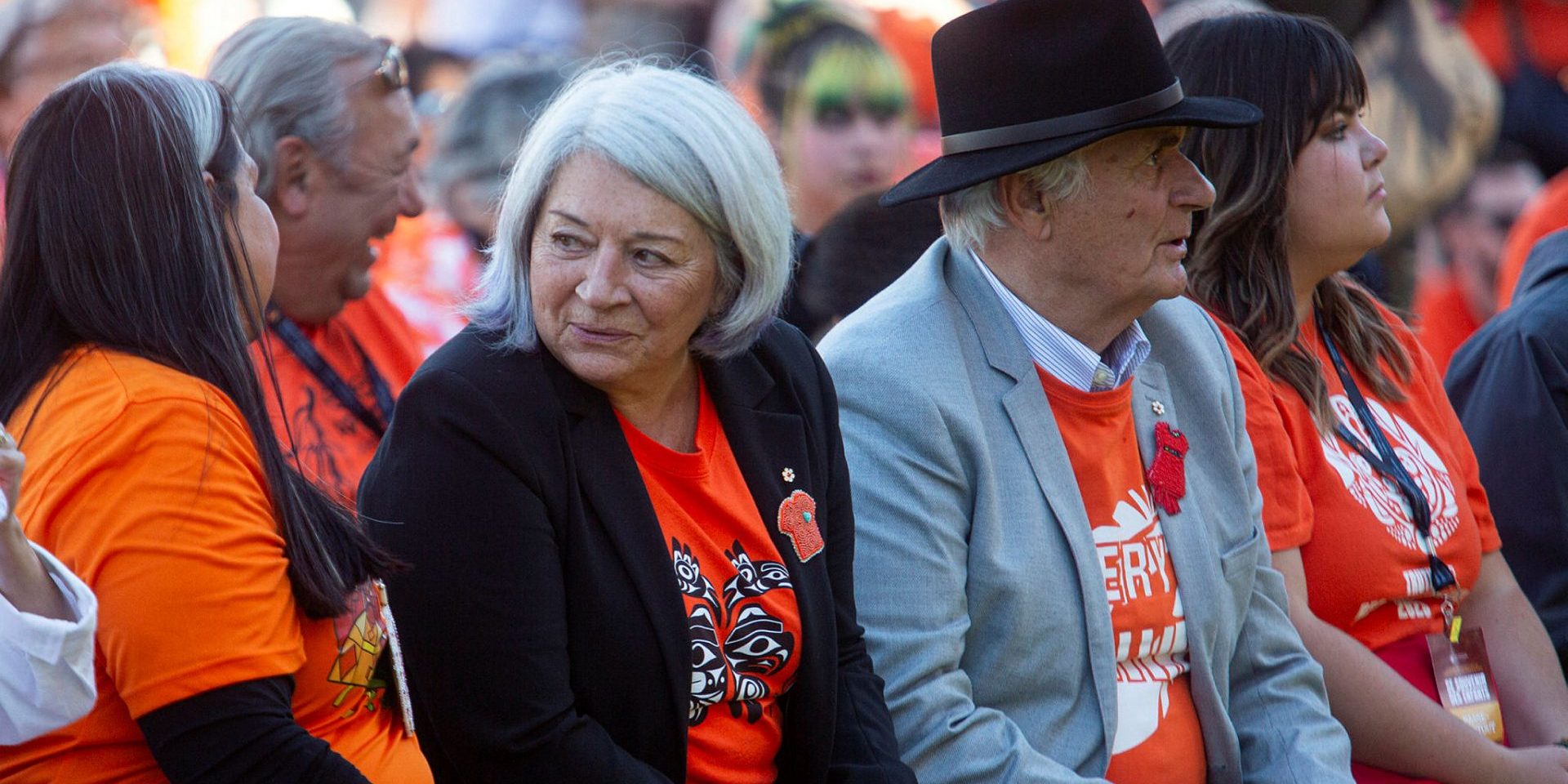
Good Tuesday morning,
Like every Sept. 30, today has been designated as the National Day for Truth and Reconciliation. It’s a federal holiday (but not provincial), which means that the government will officially be powering down for the day, and Parliament won’t be back until tomorrow.
That means no committee meetings, no debates or QP in the Chamber, and a pause in (most of) the activity of the public service. If that pause applies to you, dear reader, you may wish to spend some of your spare time today contemplating the state of affairs for Canada’s Indigenous peoples—or to go surfing in Tofino. Whatever feels right!
Yesterday, RIDDHI KACHHELA reviewed the political tensions that still colour how we talk about the history of residential schools in Canada, and some of the high and low points of Prime Minister MARK CARNEY’s early track record when it comes to policies and promises aimed at Indigenous Peoples. Today, we’re going to dive deeper.
Children
Abuse, neglect, hardship and death among Indigenous children has profoundly shaped the politics and policies that concern them. All of the above took place in Canada’s residential schools, and aging survivors continue to bear that burden. The story doesn’t end there, however.
The federal government is still negotiating with First Nations and their representatives over a proposed $48-billion settlement in response to a ruling by the Canadian Human Rights Tribunal that it had systematically underfunded child services on First Nations reserves.
Parliament passed a law in 2019 that affirmed that First Nations, Inuit, and Métis communities can exercise control over child services in their communities, and set out principles to guide how child services decisions involving Indigenous children are made.
Meanwhile, the government has recently tightened the criteria around funding for First Nations kids under Jordan’s Principle, arguing that it was being asked to cover inappropriate expenses including modelling headshots and gaming systems.
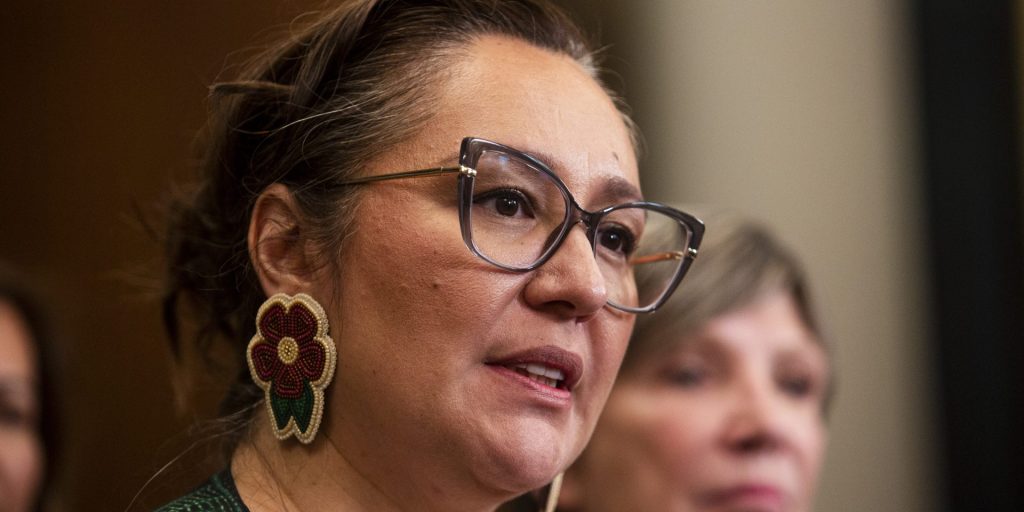
Jordan’s Principle refers to a policy—supported in 2007 by the House of Commons, and mandated in 2016 by the Canadian Human Rights Tribunal—that federal and provincial governments can’t refuse to cover the cost of government services to an Indigenous child while they squabble over jurisdiction. Instead, the first government to receive the request for funding must pay it, and then seek compensation from other levels of government where necessary. It was named after JORDAN RIVER ANDERSON, an Indigenous boy who lived for three years and died in a hospital at the age of five while the federal and Manitoba governments fought over which should pay the cost of getting care for him at home.
Policing
As it did for child services, the government has been working to create legislation to set standards for its support for First Nations police services.
The government has supported police services run by or devoted to Indigenous communities since the early 90s through the First Nations and Inuit Policing Program. The results have been underwhelming: last year, the auditor general reported that while funding for the cause has increased, millions of dollars meant to support it were going unspent. Where it was involved, the RCMP wasn’t always living up to the role set out for it.
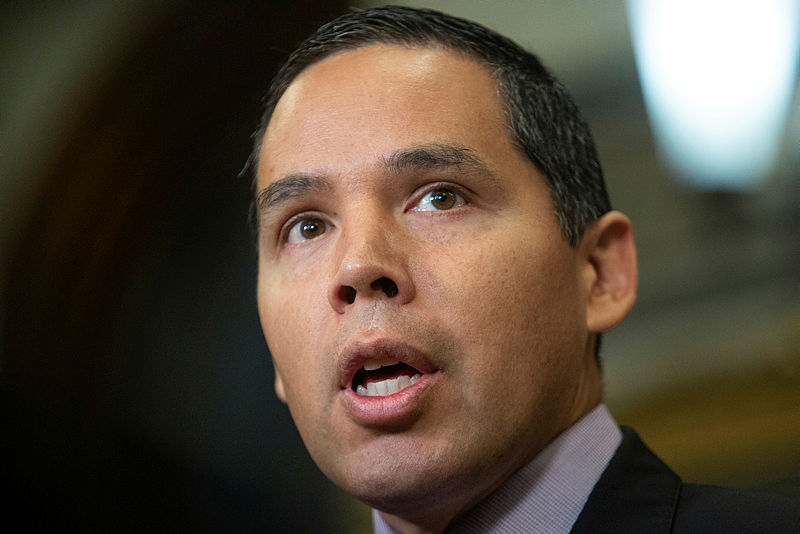
Infrastructure
The Assembly of First Nations claims that it would cost an eye-watering $349.2-billion to build adequate infrastructure for First Nations people across the country. That includes housing, water infrastructure, emergency services facilities, educational facilities, better roads, internet access, and many things besides.
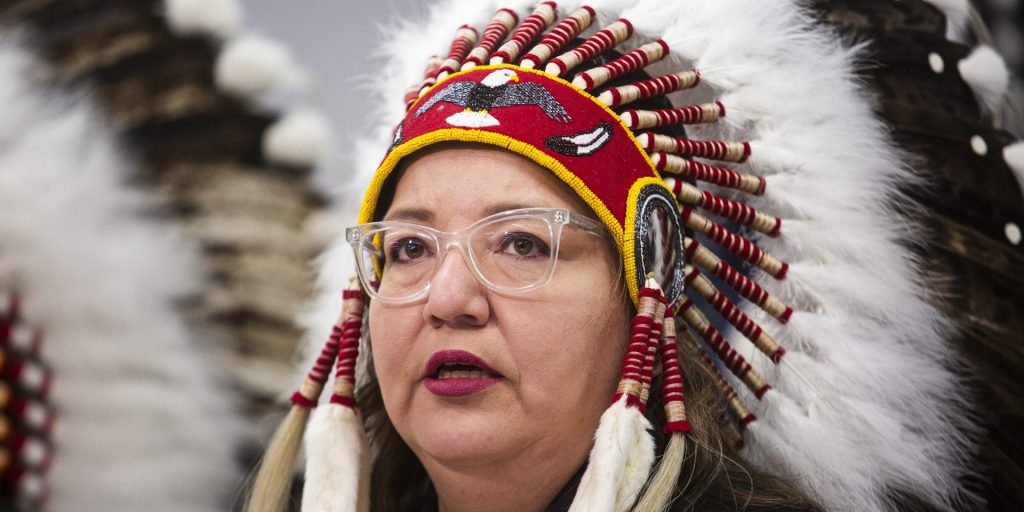
Canada’s auditor general reported on housing problems in First Nations communities last year. KAREN HOGAN wrote in her report that “many people living in First Nations communities do not have access to housing that is safe and in good condition,” and that overcrowding and mould are persistent problems. She also wrote that, “Indigenous Services Canada and the Canada Mortgage and Housing Corporation have made little progress in supporting First Nations to improve housing conditions in their communities.”
The government’s new Build Canada Homes agency has put housing in Indigenous communities on its short list of funding priorities.
As for water, the federal government has made significant progress in providing clean water on First Nations reserves since former prime minister JUSTIN TRUDEAU promised in 2015 to end long-term boil water advisories on those reserves within five years.
It didn’t meet Trudeau’s target, however, and its momentum has slowed in recent years. There are currently 39 such advisories still in place in 37 communities. More advisories have been added than withdrawn in the last four years.
Autonomy
The federal government has negotiated 25 deals to give Indigenous peoples greater powers of self-government over the years. Those deals cover 43 Indigenous communities, covering massive territories such as Nunavut and tiny ones such as the Sioux Valley Dakota Nation. Another 50 such deals are currently under negotiation.
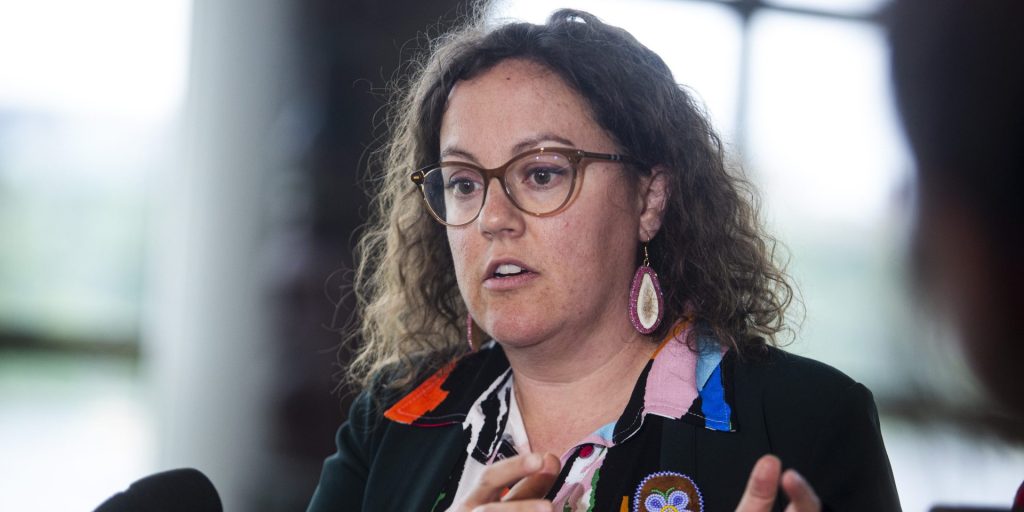
The self-government agreements give communities decision-making powers that would otherwise be left to the federal government under the Indian Act. Communities or nations with powers of self government are still largely required to abide by federal and provincial laws and the Charter of Rights and Freedoms.
Earlier this year the feds concluded an agreement with the Musqueam Nation, and last year Parliament passed into law a bill conferring powers of self government on the Haida Nation.
What’s happening today?
Prime Minister MARK CARNEY and Governor General MARY SIMON will attend and deliver remarks at a commemorative event to mark the National Day for Truth and Reconciliation on the Parliament Hill lawn at 3 p.m. in Ottawa. You’ll be able to watch it streamed live on the CBC and APTN.
In the news
New GRO speaks: ELEANOR WAND interviewed the government’s new representative in the Senate, PIERRE MOREAU. You can read all about it here.
Hill Climbers: LAURA RYCKEWAERT has a run-through of the staff backing up Veterans Affairs Minister JILL MCKNIGHT in her latest column. Read it here.
Ethics roundup for September: four more Liberal MPs set up blind trusts, and Joly recuses herself from a decision
Several new entries appeared in the federal ethics commissioner’s public registry this month, as more MPs and ministers filed their public declarations under conflict-of-interest rules.
Here are some of the highlights for September:
- More blind trusts in the caucus: Four ministers and MPs put their securities in a blind trust, similar to the practice followed by Prime Minister Mark Carney, or updated their existing declarations on it. These were: Emergency Management Minister ELEANOR OLSZEWSKI, Environment Minister JULIE DABRUSIN, Secretary of State for Sports ADAM VAN KOEVERDEN, and parliamentary secretary to the procurement minister JENNA SUDDS.
- Former PBO granted a waiver: The seven-year term of former parliamentary budget officer YVES GIROUX ended on Sept. 2. He was waived from not accepting a position where he could use any confidential information from his PBO job that could commercially benefit his new employer. Giroux took up a short-term contract with the OECD, as per the records, and the ethics commissioner cleared his appointment under the rules as the OECD does not have a commercial purpose.
- Minister stepped back from a matter: Industry Minister MÉLANIE JOLY recused herself from a discussion and decision to avoid benefiting the interests of her brother, who is the president and CEO of a courier company.
- Minister sold off his securities: Energy Minister TIM HODGSON did not go down the blind trust route, and instead disposed of his publicly-traded securities upon taking office.
- A Conservative MP holds shares in a global content company: Tory MP KELLY MCCAULEY disclosed his assets, and part of them are shares in Thomson Reuters Corp, which owns the news agency Reuters.
- Two Conservative MPs earn income from businesses: MP ARPAN KHANNA declared that he is the sole owner of a consulting business in Woodstock, Ont., and VINCENT HO revealed he has a controlling interest in a law firm in Toronto, Ont.
Paging would-be pages
House Speaker FRANCIS SCARPALEGGIA officially launched this year’s recruitment campaign for House of Commons pages yesterday.
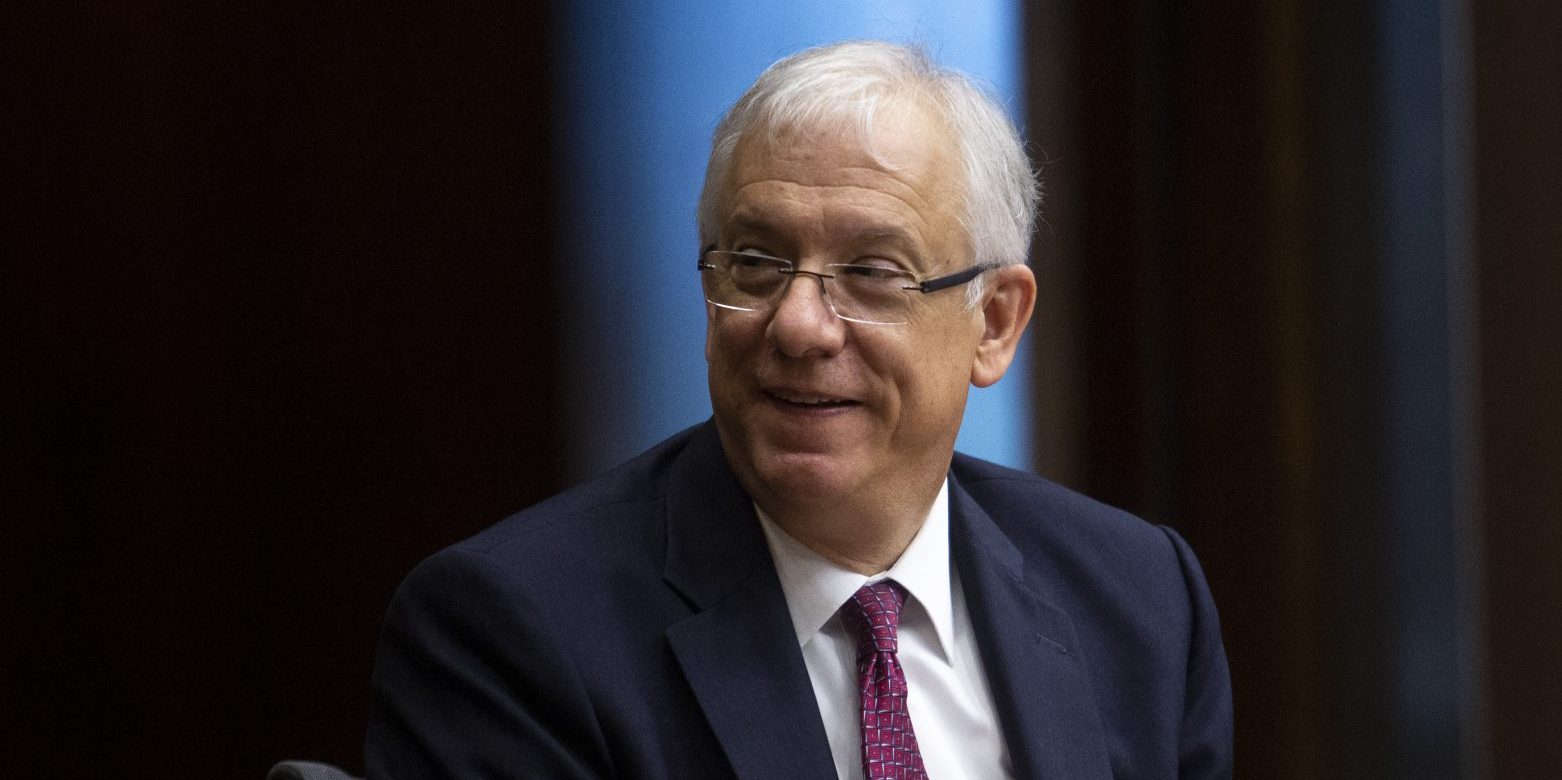
The Page Program selects 40 students to work as pages in the House of Commons, ferrying messages and fetching items for MPs while they work in the Chamber. Candidates must be bilingual, and entering their first year of post-secondary studies at institutions in the Ottawa area.
You can find details here.
Former Indigenous workers at Indian Oil and Gas Canada allege ongoing systemic racism
Ex-employees suing a federal agency for discrimination will soon learn whether their class action lawsuit will proceed to the next stage.
The former workers of Indian Oil and Gas Canada have alleged systemic racism, discrimination and workplace misconduct by the entity. IOGC falls under the purview of Indigenous Services Canada.
Citing examples of the harassment, a press release claimed that IOGC hired a convicted sex offender to supervise three Indigenous women. After several complaints were brought forward in the organization, the press release said, an internal assessment was ordered by ISC in 2021 which made 78 recommendations that are not yet fully implemented. The CBC covered the story last year here.
One of the former employees, MELANIE DANIELS told Politics This Morning that a manager she reported to created a “toxic environment” for Indigenous workers but was advanced to other positions despite complaints.
She also alleged that she faced pressure to approve environmental assessments that were not fully adequate.
She and other workers, she said, reached out to ISC and several Indigenous MPs in the new government in the recent weeks but had not received a response so far.
While the issue spans several years, a court in Edmonton will hold a “certification hearing” in the case on Nov. 4 to determine if the case can move forward on behalf of all affected Indigenous employees.
IOGC had also fared as one of the worst places to work in the 2024 Public Service Employee Survey.
In case you missed it
Prime Minister Carney weighed in on the Canada Post strike over the weekend, firmly on the side of the Crown corporation.
Canada Post is losing $10-million per day, said Carney during a press conference in London on Saturday. He said the organization is “not viable” and is in need of major change. Global News has the details here.
We asked, you answered
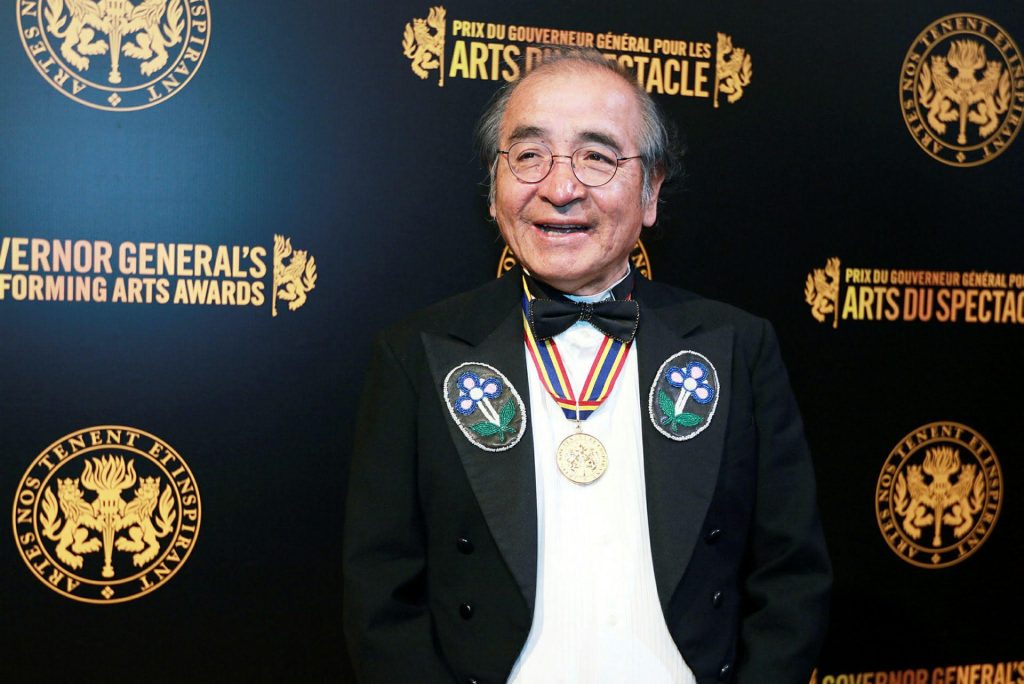
TOMSON HIGHWAY, an Indigenous playwright, novelist, children’s author, and musician, was the one who said the following: “Native theology works in a different way. There is no heaven, there is no hell, there’s just a circle. The circle of life and death that interconnect, and that when we pass away, we leave this planet, we don’t go up or down. We stay [in] another part of the circle.”
Highway wrote the plays, The Rez Sisters and Dry Lips Oughta Move to Kapuskasing, which won the Dora Mavor Moore Award for Outstanding New Play and the Floyd S. Chalmers Award.
Tip of the hat to: NATHAN NASH, RON COLUCCI, YAROSLAV BARAN, SHAUGHN MCARTHUR, and ROD BUCKINGHAM.
Political Trivia Question
Who said this? “We have described for you a mountain, we have shown you the path to the top. We call upon you to do the climbing.”
Please send your responses to trivia@hilltimes.com by NOON today, and all names will be in Wednesday’s Politics This Morning.
This week’s Book Give-Away: We Come From This Land: A Walk Through the History of the Squamish People
This week’s book give-away is a beautiful glossy copy of Tiná7 Cht Ti Temíxw: We Come From This Land, A Walk Through the History of the Squamish People, published in 2023 by the Squamish Nation and Page Two.
From the back-jacket blurb: “We Come From This Land is a powerful introduction to the vast history of the Skwxwú7mesh People. Drawing on stories from our Elders and in-depth research, we trace our history and culture from ancient times to the present day, offering a launching point for discovering more about the places, people, and stories from here.”
This week’s question: how many years old is the oldest archaeological site in the territory of Squamish peoples, located at Porteau Cove in Howe Sound, B.C.?
Please send your responses to trivia@hilltimes.com by NOON today, and the winner’s name will be drawn.
You can contact the authors of Politics This Morning at pmazereeuw@hilltimes.com and rkachhela@hilltimes.com





 LICENSING
LICENSING PODCAST
PODCAST ALERTS
ALERTS